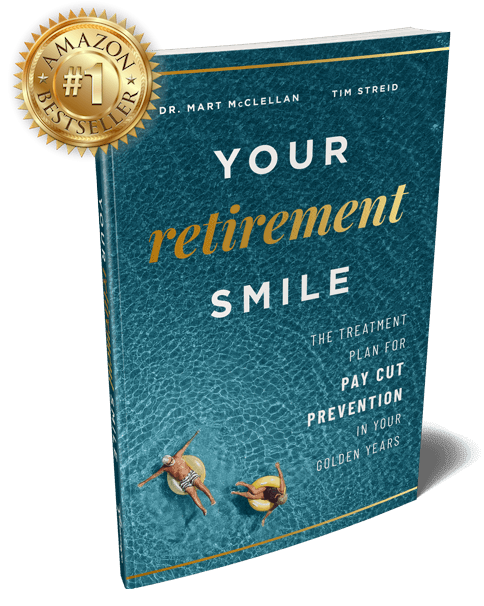This is one of the most frequently asked questions by people thinking about retirement planning. In order to answer the question “How much money do I need to retire?”, you need to answer these other questions first:
- What will inflation be like between now and the time you retire?
- How will tax and retirement plan laws change and how will that affect your financial future?
- How will your family, lifestyle, and needs change in that time?
- Will you face any unexpected catastrophes between now and your death?
- When will you die?
Clearly these questions are impossible to answer. Our point is that the question of how much you need to retire is not as straightforward as it seems. In fact, we think it’s the wrong question to ask in the first place.
The real question is, “How do I best position and utilize my assets so that I can maximize income in retirement?”
Retirement Planning Is More Than Accumulation
One big issue with the question “How much do I need to retire?” is that it’s focused on accumulation. What it’s really asking is, “How big should my nest egg be?”
While you will never get where you want to be without good saving habits, accumulation is only part of the puzzle. There’s another equally important part that’s typically overlooked in most retirement planning, and that’s distribution. Distribution is about planning in advance how you’ll get your money out for steady cash flow in retirement. A retirement plan that overlooks distribution planning can cost you significant amounts of money.
Plus, the typical accumulation-focused retirement planning advice tells you to lock your money away for decades at a time and let it grow without touching it. But when you do this, you get only one use out of each dollar. Instead, with smart planning you can get more than one use out of each dollar in a way that can maximize your wealth.
Is There a 50% Pay Cut in Your Financial Future?
Retirement automatically means having less income. At least, that’s what we’ve been taught to believe.
Most dentists take a 50% pay cut when they retire. A dentist who may be used to taking home $300,000 annually will have to live their golden years on $150,000 – a drastic pay cut, wouldn’t you say? And in the vast majority of cases, that $150,000 isn’t even guaranteed!
Because a decrease in income like this this is “normal,” it’s accepted. But it doesn’t have to be this way. When we create a Financial Treatment Plan for one of our clients, our goal is for them to retire with 100% of their pre-retirement income.
Does this sound impossible? It’s not. It can be done. And it can happen for you, too.
Find out more about how we help our dentist clients retire with more than the standard 50% at retirement and how you can, too, by visiting our website or checking out our book, Your Retirement Smile, today.

